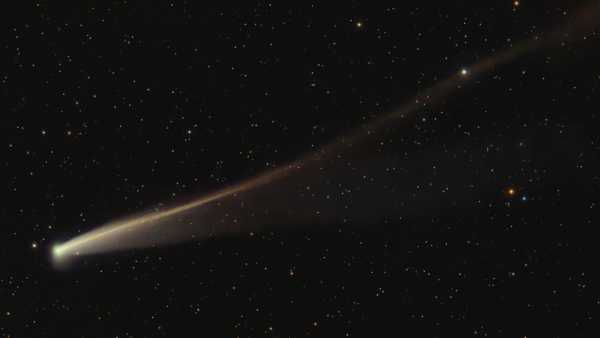
The Tenacious rover carries a miniature model of a vacation home, known as the Moonhouse, that was expected to be placed on the moon. (This image was taken before the rover was launched into space.) (Photo credit: The Moonhouse)
The status of a privately owned Japanese lunar module carrying Europe's first lunar rover was in doubt after ground control unexpectedly lost contact with the spacecraft on Thursday (June 5). Mission control lost contact with the module, called Resilience, at 3:17 p.m. ET as it attempted to land on the moon.
The Tenacious rover is one of several payloads carried aboard Resilience, the second Hakuto-R lander developed and operated by Japan's ispace. The spacecraft was attempting to land in an uncharted region of the moon's northern hemisphere known as Mare Frigoris, or “Sea of Cold,” after orbiting the moon for more than a month.
Several hours later, ground control has still not re-established contact with the lander, and the status of its payload remains unknown.
You might be interested
- 'We are disappointed with the outcome': NASA releases image of Intuitive Machines' lunar lander flipped on its side, destroyed 12 hours after landing
- Doomed Soviet spacecraft falling to Earth may have already deployed its parachute
- NASA presents the first high-resolution sunset on the Moon
“We have not yet been able to establish contact with RESILIENCE, however, ispace engineers in our Mission Control Center continue to work to communicate with the lander,” ispace officials said in a statement posted on X. “We will provide an update with the latest data in a press release in the coming hours.”
Resilience is the third Japanese lander to attempt a landing on the Moon, following ispace's first lander, Hakuto-R, which crash-landed in April 2023 after losing contact with orbital operators, and the Japan Aerospace Exploration Agency's SLIM (or “lunar sniper”) lander, which landed upside down in January 2024 but unexpectedly survived two lunar nights.
Sourse: www.livescience.com





